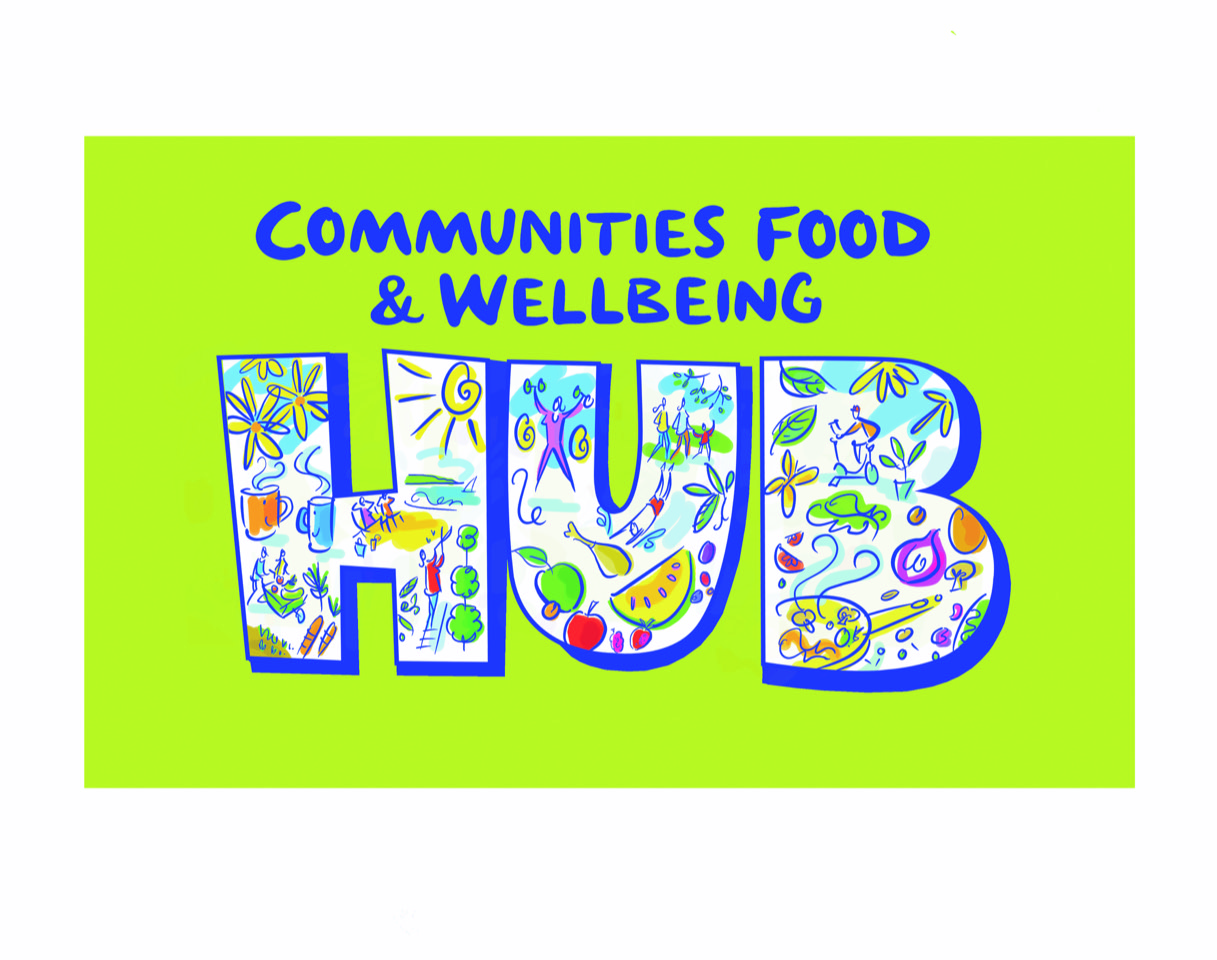Bridge Street Medical Practice
20 Bridge Street, Loughborough, Leicestershire, LE11 1NQ
Telephone: 01509 261843
Sorry, we're currently closed. Please call NHS 111

BSMP News for July 2024 X-On Telephone System July 2024 Allied Pharmacy Update and Active Charnwood NEWS. What’s New for May 2024 March / April Updates 2024 January Updates 2024 The Joy App Dr Durant’s Social Health and Wellbeing Group Clinic
Eating Disorders

Eating disorders are devastating mental illnesses that affect 1 in 50 people in the UK
There are several definitions for eating disorders available, all of which refer to food, but there is no simple definition that encapsulates the unique experience from the cause and contributing factors, to behaviours, experiences, and recovery.
According to NICE ‘Eating disorders are characterised by persistent disturbance of eating or eating-related behaviour which leads to altered intake or absorption of food and causes significant impairment to health and psychosocial functioning.’
The DSM-V, a psychiatric manual for diagnosing mental illness, details 4 eating disorders (American Psychiatric Association, 2013), including:
- Anorexia Nervosa, identified by restriction of energy intake, fear of weight gain, disturbance in body weight and shape, as well as a low body weight.
- Bulimia Nervosa, identified with frequent episodes of binge eating followed by methods of purging the food to avoid weight gain.
- Binge Eating Disorder, identified by recurring episodes of eating large quantities of food in a short period of time, compared to most people in similar circumstances.
- Atypical eating disorders, also known as ‘Other specified feeding or eating disorder’ (OSFED). This diagnosis is given when symptoms do not fit the above criteria, for example weight for anorexia nervosa or frequency of binges and purges for bulimia nervosa
Warning Signs
The National Eating Disorders Association (2022) have a list of warning signs and symptoms organised by emotional and behaviour, and physical signs. Don’t forget, there will be different warning signs for each eating disorder, but some commonalities include:
- A preoccupation with food, exercise, body size and/or weight
- Refusal to eat certain food groups
- Eating in secret
- Food rituals about how (e.g., types of cutleries) and when (i.e., meals at specific times of the day)
- Skipping meals or only eating small portions
- Withdrawal from friends or social activities
- A fluctuation in weight (up or down)
- Difficulty concentrating
- Sleep issues
- Feeling cold often
- Muscle weakness
- Dizziness
Keep in mind, there is a difference between disordered eating and eating disorders. Disordered eating is characterised by engaging with behaviours that do not honour hunger, or perhaps rest, such as dieting or excessive exercise, but is not a preoccupation that impacts and interferes with life (Zucker, 2022) Therefore you or someone you may know may identify with a few of the above and not have an eating disorder.
Useful Links
Beat Eating Disorder UK: https://www.beateatingdisorders.org.uk/
Supporting someone: https://www.beateatingdisorders.org.uk/get-information-and-support/support-someone-else/
SEED (Support and Empathy for people with Eating Disorders): https://seed.charity/
NHS: https://www.nhs.uk/mental-health/feelings-symptoms-behaviours/behaviours/eating-disorders/overview/
Self-help guides: http://www.selfhelpguides.ntw.nhs.uk/canterbury/leaflets/selfhelp/Eating%20Disorders.pdf





